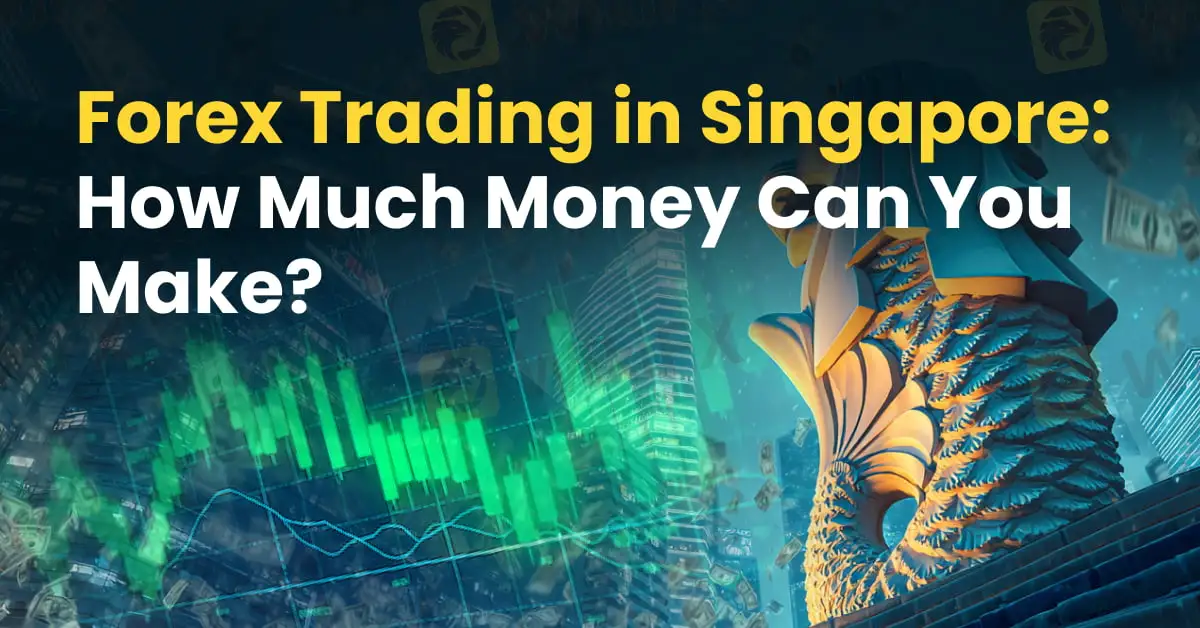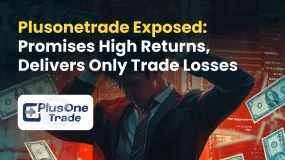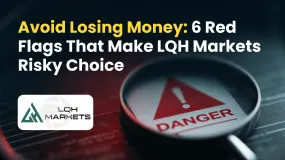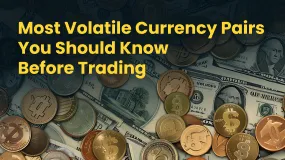简体中文
繁體中文
English
Pусский
日本語
ภาษาไทย
Tiếng Việt
Bahasa Indonesia
Español
हिन्दी
Filippiiniläinen
Français
Deutsch
Português
Türkçe
한국어
العربية
Forex Trading in Singapore: How Much Money Can You Make?
Abstract:Forex trading has surged in popularity in Singapore, driven by the city-state’s status as a leading financial hub and the recent emergence of Singapore dollar-pegged digital currencies.

Forex trading has surged in popularity in Singapore, driven by the city-states status as a leading financial hub and the recent emergence of Singapore‑dollar-pegged digital currencies. Moreover, the launch of licensed stablecoins such as XSGD, backed one-for-one by Singapore dollars, has provided an on-ramp for crypto‑native traders to participate in the FX market with minimal friction.
How Much Money Can You Make?
Earnings in forex depend on capital, risk management, leverage, and trading skill. Retail traders with modest starting capital (e.g., SGD 5,000–10,000) who aim for consistent, low-risk strategies might target monthly returns of 2–5 % after trading costs. Experienced professionals and proprietary trading firms, leveraging larger capital bases and sophisticated algorithms, often aim for higher annualized returns of 20–50 %, though with commensurate risks. Its crucial to remember that high leverage can amplify both profits and losses, making rigorous risk controls and realistic expectations essential.
Regulation and Market Environment in Singapore
- Regulatory Oversight: The Monetary Authority of Singapore (MAS) licenses and supervises all forex brokers under its Capital Markets Services (CMS) regime. Brokers must meet strict capital, conduct, and disclosure standards to protect clients.
- Stablecoin Framework: In response to global crypto developments, MAS has clarified regulations for stablecoins and piloted wholesale CBDC trials, fostering a regulated environment for tokenised Singapore dollars.
- Infrastructure: Singapore offers deep liquidity, robust banking rails, and cutting-edge trading platforms. Time‑zone overlap with major markets (Asia, Europe, US) ensures near round-the-clock trading.
- Tax Treatment: Forex gains are typically taxed under the Income Tax Act; retail traders should consult a tax advisor, as treatment can vary based on frequency and scale.
How to Trade Forex in Singapore
- Choose a Core Device/Platform
Select a reliable trading setup—desktop PC, laptop, or mobile device—with stable internet. Popular platforms include MetaTrader 4/5, cTrader, and proprietary web-based systems. Ensure your device meets system requirements and has uninterrupted connectivity during market hours.
- Choose the Most Suitable Forex Broker
- Regulation: Verify the broker holds a MAS Capital Markets Services licence.
- Safety: Look for brokers with segregated client accounts, negative balance protection, and participation in an investor compensation scheme.
- Research Tools: Prioritise brokers offering advanced charting, news feeds, economic calendars, and educational resources—essential for informed decision‑making.
- Opening Your Account
Complete the online application, providing a valid ID (e.g., NRIC or passport) and proof of address. Expect ID verification to take 1–2 business days. Some brokers may require a short interview or additional documentation for anti-money‑laundering checks.
- Fund Your Account
Deposit via bank transfer (FAST, PayNow), credit/debit card, or e-wallet. Be mindful of minimum deposit requirements (often SGD 100–500) and any funding fees. Once cleared, youre ready to place trades.
Key Considerations for Singapore Traders
- Leverage Limits: MAS caps retail leverage at 20:1 for major FX pairs, limiting risk exposure.
- Risk Management: Use stop‑loss orders, position sizing, and diversification to protect capital.
- Education & Community: Leverage local seminars, webinars, and trading forums—Singapore hosts numerous fintech and trading events year-round.
Forex trading in Singapore offers a potent combination of deep liquidity, stringent regulation, and innovative digital currency integration. By understanding the regulatory landscape, choosing a reputable MAS-regulated broker, and employing disciplined risk management, investors can confidently navigate the FX markets and pursue consistent returns.

Disclaimer:
The views in this article only represent the author's personal views, and do not constitute investment advice on this platform. This platform does not guarantee the accuracy, completeness and timeliness of the information in the article, and will not be liable for any loss caused by the use of or reliance on the information in the article.
Read more

Plusonetrade Exposed: Promises High Returns, Delivers Only Trade Losses
Do you feel that Plusonetrade only makes you deposit with high-return promises? Does it deny withdrawals or allow you to take away just the principal amount? Have you been witnessing a lack of customer support to address your withdrawal queries at this forex broker? You have unfortunately trusted a fake broker that is operating without a valid license. The scams are obvious as traders are vehemently opposing the foul play committed by Plusonetrade on broker review platforms.

Avoid Losing Money: 6 Red Flags That Make LQH Markets Risky Choice
The only true way to protect your hard-earned money in the forex market is by staying informed and alert. With the growing number of fraudulent brokers, this dynamic and tempting market has become increasingly risky. Awareness is your best defense. This article serves as another important scam alert, to help you stay safe and avoid losing your money.

Most Volatile Currency Pairs You Should Know Before Trading
Do you think that trading in the most volatile currency pairs is a loss-making proposition? Maybe you are missing out on the profit waiting for you! Yes, you still need to be tactical and strategic when opening and closing positions. However, the increased possibility of dramatic price movements in currency pairs opens up avenues for higher profits while also exposing you to market risks. In this article, we will discuss the most volatile forex pairs worldwide. Read on!

Is Learning Forex Trading Online a Good Idea? Pros and Cons Explained
Forex trading is becoming more popular around the world. To help with this, many brokers are offering forex education courses. Some are free, and some are paid. Some brokers even have special academies to teach trading. This trend is growing fast, but the big question is: Is learning forex online really helpful? And what are the risks that you may not know about? I
WikiFX Broker
Latest News
D. Boral Capital agrees to a fine as a settlement with FINRA
Beware of Fake RS Finance: How to Spot Scams
Fortune Wave Solution: SEC Warns of Investment Scam
XS.com Broker Partnership Expands Liquidity with Centroid Integration
FCA Publishes New Warning List! Check It Now to Stay Safe
EC Markets: A Closer Look at Its Licenses
Housewife Scammed of RM68,242 in Online Investment Scam
From Charts to Profits: Unleashing the Power of Forex Trading Tools
Is TD Ameritrade Safe? How to Spot Fake URLs and Stay Protected
Engineer Loses RM230,000 in “Elite Group” Investment Scam
Currency Calculator


